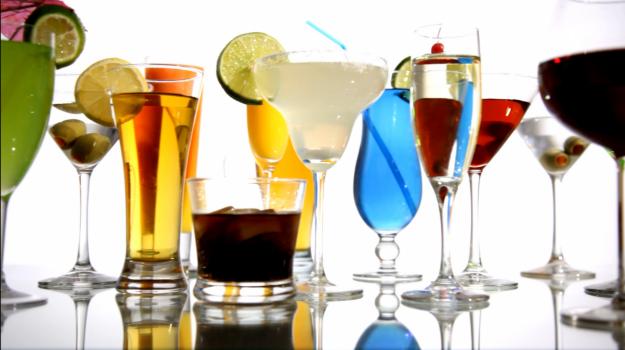With the expulsion of Jews from Spain in 1492, Poland became the recognized haven for exiles from Western Europe and the cultural/spiritual center of the Jewish people. Prior to the outbreak of World War II, it housed the second largest Jewish community in the world, with nearly 3.5 million Jews. All that changed rapidly following Nazi Germany’s invasion in 1939. A scant 11 percent (369,000) of the Polish Jewish population escaped the death camps. Many fled their native Poland in reaction to anti-Semitic violence or repression under Communism. Those who stayed often turned their backs on Yiddishkeit. Now, Polish Jews are feeling a new sense of tolerance and security in their post-Cold War democracy. An increasing number are returning to their Jewish roots, which in many cases have been discovered only recently.
Rabbi Mati Kos is the first known religious person in his family in the past […]










 STAR-D
STAR-D STAR-S
STAR-S